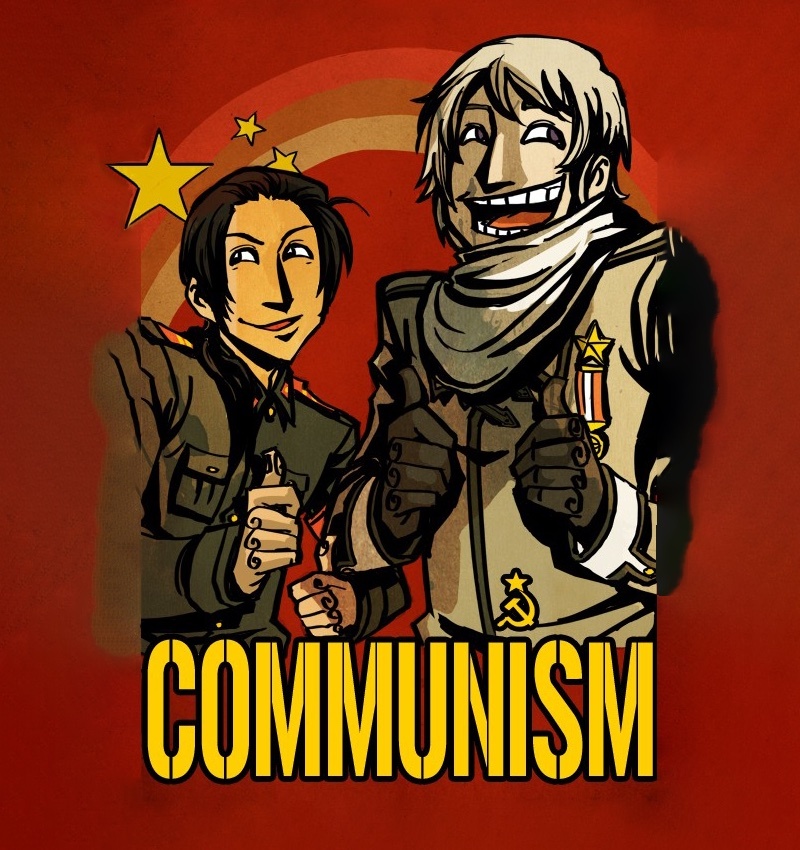- cross-posted to:
- [email protected]
- cross-posted to:
- [email protected]
As for the West, at an everyday level people are neither interested in nor afraid of the West. It rarely comes into discussions, and the news outlets may have an item from time to time but it is well down the main page on the website. In other words, for ordinary people the West has become irrelevant.
heh.
The whole section on optimism really hits me. Imagine feeling optimistic about the place you live, and where it’s going. Must be like a dream.
everything in the United States has gotten progressively worse for as long as I’ve been alive, and for someone my age in China the exact opposite is true
Indeed, I think about this a lot actually. It’s incredibly depressing to live in a society that’s spiralling the drain. Basically, the best most people in the west can hope for is that things don’t get worse at too fast a pace. This is the source of the nihilism we see gripping western society. There’s no real vision for the future and no hope.

Roland Boer is a superb Marxist scholar.
I recommend his works “Socialism in Power: On the History and Theory of Socialist Governance” and “Socialism with Chinese Characteristics: A Guide for Foreigners.”. The first is a fantastic overview of the theoretical bases of actually existing Socialism within Marx, Engels and Lenin; an primer on socialist governance in the USSR, DPRK and China; capping it off with a case study evaluation of Chinese socialist governance in response to Hong Kong and Xinjiang. In the second book, he provides a comprehensive overview of every major facet of Chinese socialist philosophy.
His evaluation of the material conditions that led to the 2019 Hong Kong protests is exceptionally cogent and cuts through the noise of Western ideological takes that clogged coverage on the issue. The precipitating problem wasn’t that there was too much “Communist China” in Hong Kong, but, quite oppositely, that there wasn’t enough of it, through the “One Country Two Systems” policy that essentially keeps Hong Kong in a hyper-capitalist time capsule unable to benefit from China’s socialist governance through the obligations of the Sino-British Joint Declaration:
To sum up: the development of oligopoly capitalism, financialisation, and capitalist globalisation; sluggish economic growth, stagnation, and then decline from early 2018; extreme economic polarisation, astronomical housing costs, and a city full of the poor and homeless; and very limited opportunities for young people who stayed in the city. It is a surprise that the unrest, riots, and violence of 2019–2020 did not erupt sooner.





